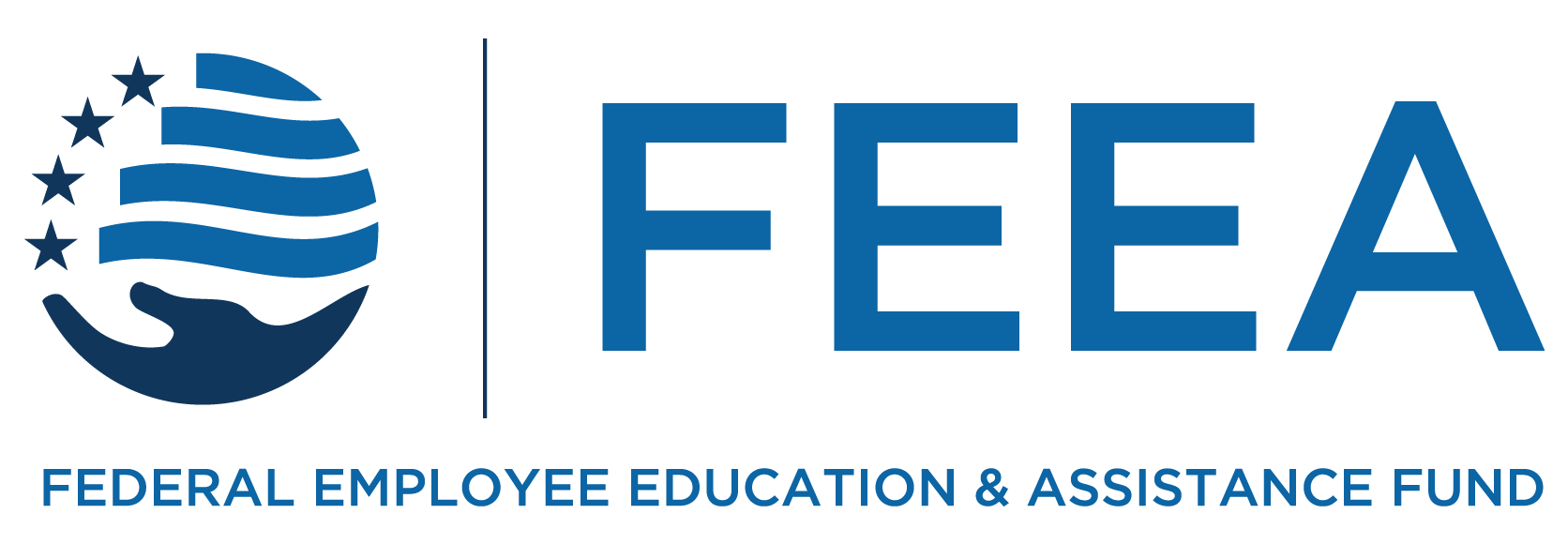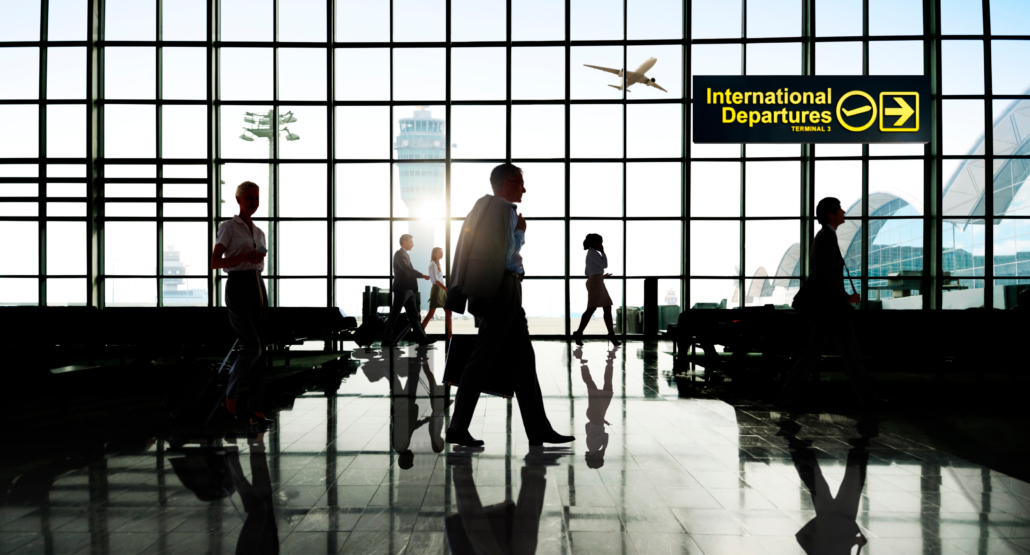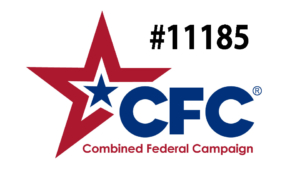From selecting your destination to enjoying the sites, our international travel tips will keep you safe and organized for your next trip
International travel is on the rebound following pandemic-related closures and restrictions that left the world off limits to travelers. According to the UN World Tourism Organization, international tourism reached 57% of pre-pandemic levels in the first seven months of 2022.
International travel is not always as easy as booking a flight and heading out the door with your bags. Last spring, I received an invitation to join a few friends on a trip abroad. I was certainly ready for a vacation after the craziness of the last few years. I found a flight and was ready to make the purchase. The only issue – my passport expired during the pandemic.
I wasn’t alone. Prior to the pandemic, the U.S. Department of State had encountered a passport surge with an 86% increase in passport applications. With post-pandemic staffing shortages coupled with eager travelers ready to hit the road, the passport backlog hit 1.5 to 2 million applications, with an average wait time of 18 weeks for non-expedited processing.
To help ensure you have everything you need when you hit the road, we put together a list of 16 international travel tips to help keep you safe and organized so you can travel with ease on your next international adventure.
BEFORE YOU BOOK
BEFORE YOU GO
WHILE ABROAD
Finally, enjoy yourself. The tips provided may seem overwhelming, but coupled with planning and vigilance can keep you safe so you can explore all the country and culture has to offer.
FEEA THANKS WAEPA FOR CONTRIBUTING TO OUR #FEDLIFEHACKS PROGRAM
Would you like to receive more information like this when it comes out? Sign up for the FEEA newsletter using the Newsletter Sign-up section in the sidebar of this page.
Would you like to reprint this piece in your agency human resource, federal employee association, or union local newsletter? You can do so at no cost by contacting admin@feea.org with your request.
The information provided in this piece is for your convenience and informational purposes only and not to be construed as professional advice. FEEA and its coauthors and sponsors are not liable for any losses or damages related to actions or failure to act with regard to the content in this piece.








